
There are many biomass pellets in the market, which one is suitable for you? Wood pellets have hardwood or softwood species. Although both hardwood and softwood pellets have their unique advantages, each type has its own advantages and disadvantages. Here we will explore the differences between hardwood and softwood pellets and help you wisely decide which type of pellets is most suitable for your heating needs.
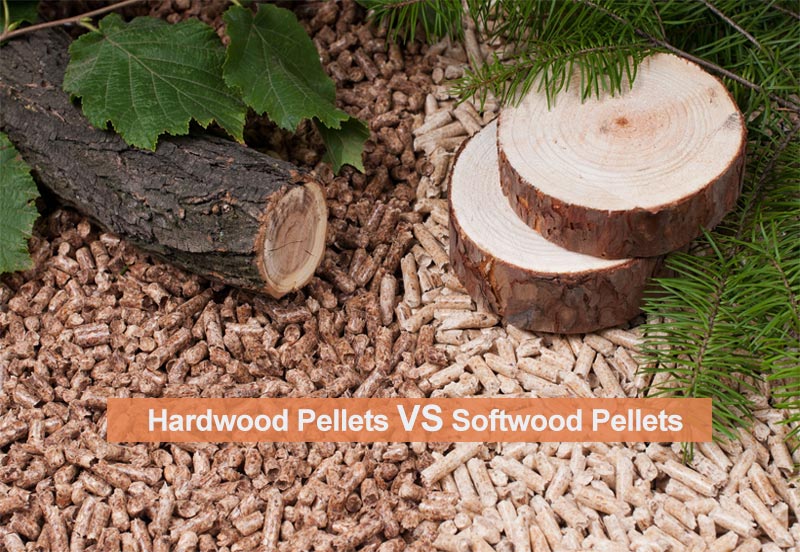
What are Hardwood pellets?
Hardwood pellets are made from hardwood, such as oak and maple, which have a higher density, lower moisture content, and longer burning time than softwood pellets.
What are softwood pellets?
Softwood pellets refers to gymnosperm, and its pellets are made from trees such as pine, peach blossom, spruce, and cedar. These woods are not as dense as hardwood, but softwood pellets are known for their high efficiency.
Difference between hardwood and softwood pellets
1.Heat output and efficiency
Hardwood pellets are known for their high heat output and high efficiency. This means that they can generate more heat per ton of pellets than softwood pellets. If you live in a colder climate or have a larger home, hardwood pellets may be your better choice.
On the other hand, softwood pellets are known for their high combustion efficiency. This means they burn cleaner and emit less emissions than hardwood pellets. If you are concerned about the impact of heat sources on the environment, softwood pellets may be a better choice for you.
2.Ash content and cleaning
The ash content is another key factor in distinguishing between hardwood pellets and softwood pellets. Wood pellets contain a certain proportion of non combustible materials, while the rest still exist in the form of ash after combustion. The ash content produced by hardwood pellets is three times that of softwood pellets. When there is less ash generated by pellets, the cleaning work you need to do will decrease, the amount of combustible fuel burned will increase, and the airflow for starting a fire and filling the furnace will also increase. If you don't want to spend a lot of time cleaning your stove, hardwood pellets may be a better choice for you.
3.Cost comparison
Cork pellets are often cheaper than hardwood pellets. This makes them an attractive choice for those with tight budgets or those who need to heat smaller spaces. However, it is important to remember that the cost of pellets may vary depending on your location and the supplier you choose.
4.Sustainability
Hardwood and softwood pellets are both considered a renewable energy source, which means they are more environmentally friendly than fossil fuels.
Hardwood has a longer growth time than softwood, which means they are not as renewable as softwood. However, hardwood trees are often more abundant in certain areas. On the other hand, softwood trees grow faster and in greater numbers than hardwood trees. This makes them a more sustainable choice overall. In addition, softwood pellets often produce less emissions than hardwood pellets, which means they have a smaller impact on the environment.
Conclusion
Both types of pellets have their unique advantages and disadvantages, and your correct choice will depend on your specific needs and concerns. If you want to learn more about wood pellets, you can contact us.
Delivery of 5t/h Wood Pellet Production line to Southeast Asia
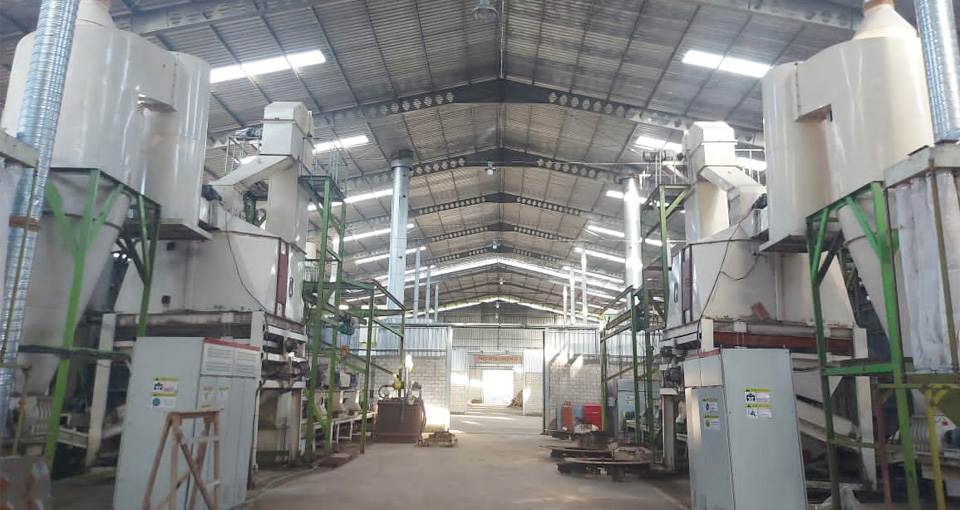 20t/h Wood Pellet Production Line in Indonesia
20t/h Wood Pellet Production Line in Indonesia
Country: Indonesia
Capacity: 20t/h
Raw Material: subtropical trees
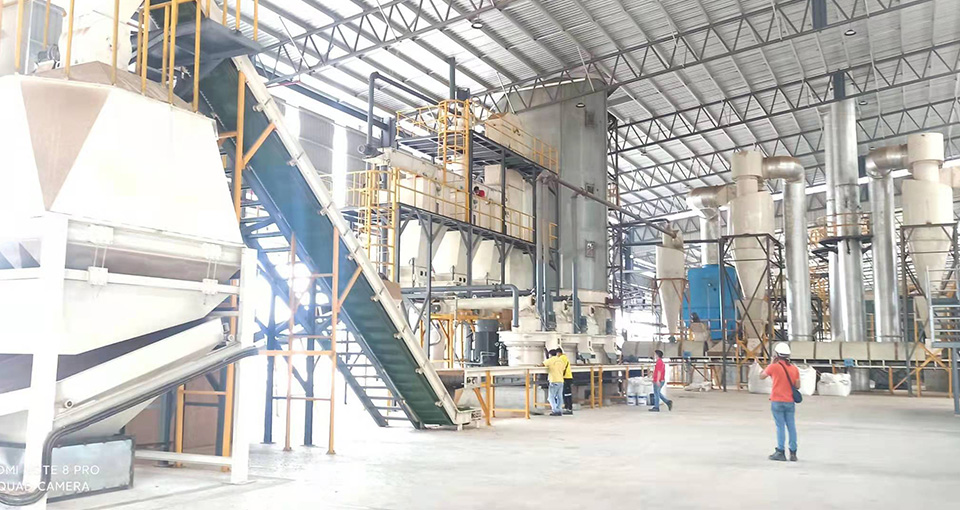 10t/h Wood Pellet Production Line in Malaysia
10t/h Wood Pellet Production Line in Malaysia
Country: Malaysia
Capacity: 10t/h
Raw Material: wood log (acacia wood, eucalyptus wood)
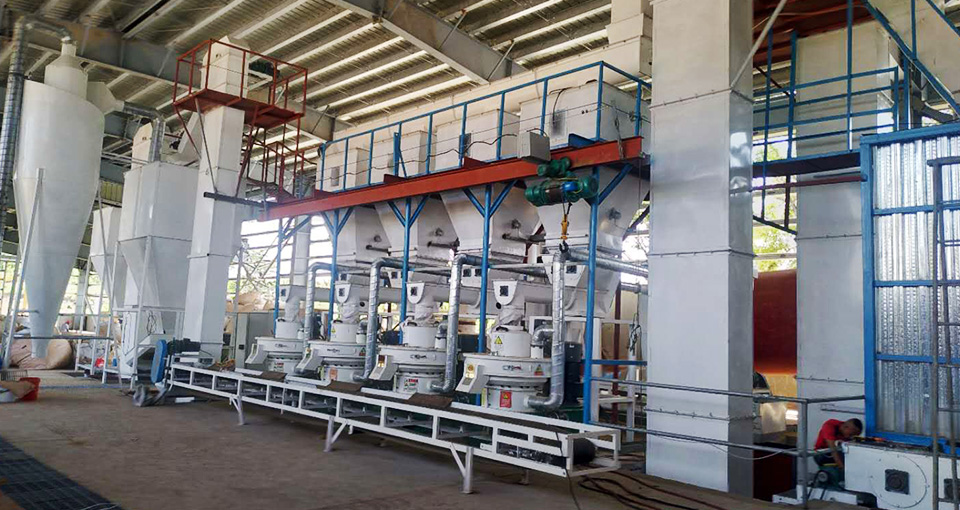 10t/h Wood Pellet Production Line in Philippines
10t/h Wood Pellet Production Line in Philippines
Country: Philippines
Capacity: 10t/h
Raw Material: wood log
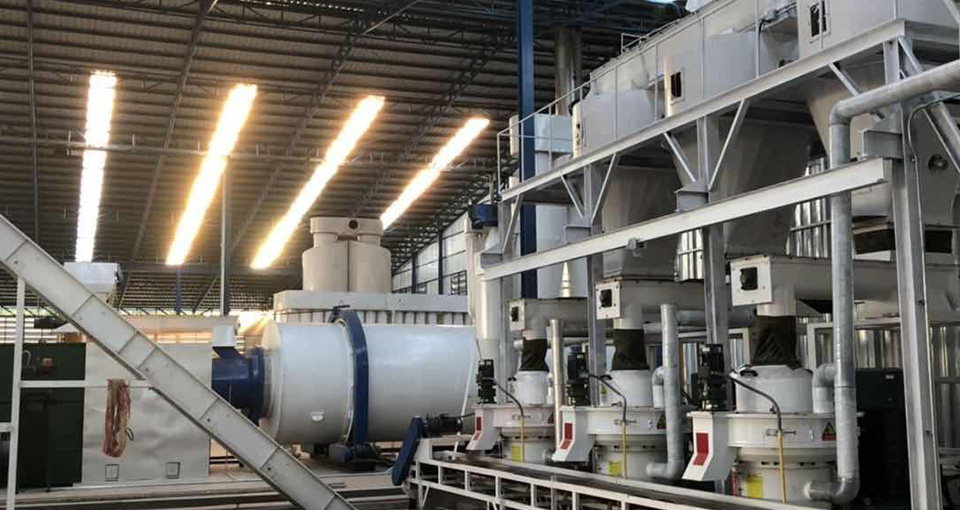 6t/h Wood Pellet Production Line in Thailand
6t/h Wood Pellet Production Line in Thailand
Country: Thailand
Capacity: 6t/h
Raw Material: wood log